18 Things Millennial Parents Worry About That Gen X Never Did
Explore the unique challenges faced by Millennial parents due to technological advances, changing social norms, and cultural shifts. These concerns are distinct from those experienced by the Gen X generation, reflecting the evolving landscape of parenting in the modern world.
1. Screen Time and Tech Addiction
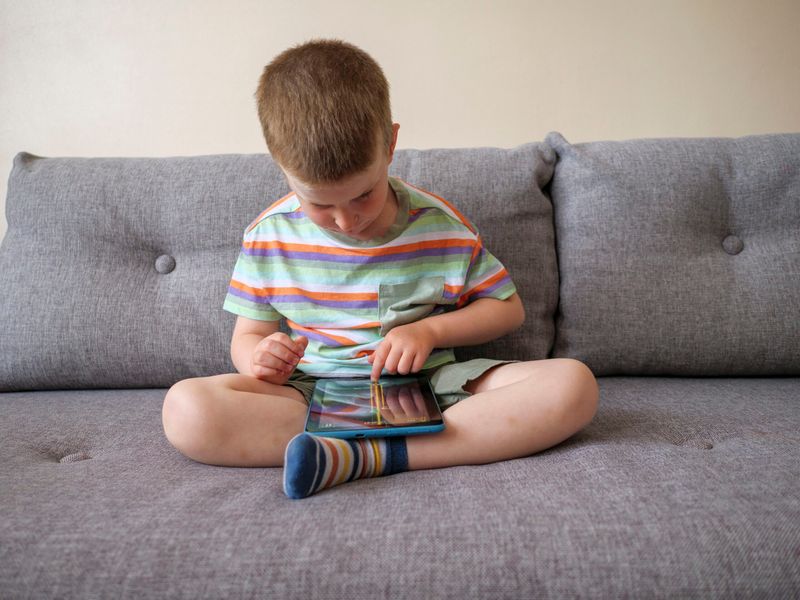
Navigating the digital landscape is a modern parent’s hurdle. Unlike their Gen X counterparts, Millennial parents grapple with managing their children’s screen time. The omnipresence of tablets, smartphones, and computers offers endless entertainment and educational opportunities but also risks addiction.
Parents find themselves balancing between encouraging tech-savviness and preventing overuse. Concerns about the impact on mental and physical health are prevalent. They ponder: How much screen time is too much?
Did you know? Kids today spend an average of seven hours a day on screens. This staggering number highlights the challenge of fostering healthy habits in a tech-driven world.
Vedi anche: 18 Things Boomers Did As Parents That Millennials Don’t
2. Cyberbullying and Digital Safety

In the age of social media, cyberbullying is a pervasive fear for Millennial parents. Unlike previous generations, today’s parents must teach their children about online safety and digital etiquette. The anonymity of the internet can shield bullies, making them harder to confront.
Parents emphasize the importance of open communication, encouraging kids to voice their online experiences. They vigilantly monitor social media, balancing privacy with protection.
The digital world can be a minefield of threats. Millennial parents are pioneers in crafting strategies to safeguard their children’s online presence, aware of the profound emotional impact cyberbullying can have.
3. Organic vs. Non-Organic Foods

Food choices weigh heavily on Millennial parents, who often debate between organic and non-organic options. This generation is more health-conscious, driven by a desire to offer their children the best nutrition possible.
Questions about pesticides, GMOs, and food sources are common. The organic aisle, once a niche market, now dominates their shopping carts.
Did you know? Organic food sales in the U.S. have grown by over 50% in the last decade. Millennial parents lead this trend, seeking to protect their children from potential health risks associated with non-organic products.
4. Inclusive and Gender-Neutral Parenting Language

Millennial parents champion inclusivity and gender-neutral language, a significant shift from past generations. They actively seek books, toys, and media that reflect diverse family structures and non-binary identities.
Language is key; they use terms that embrace all gender identities, fostering an environment of acceptance. This approach aims to instill empathy and respect in their children from an early age.
The commitment to inclusivity shapes how Millennial parents navigate conversations about identity, ensuring their children feel seen and valued, regardless of societal norms.
5. Climate Change Anxiety for Their Children
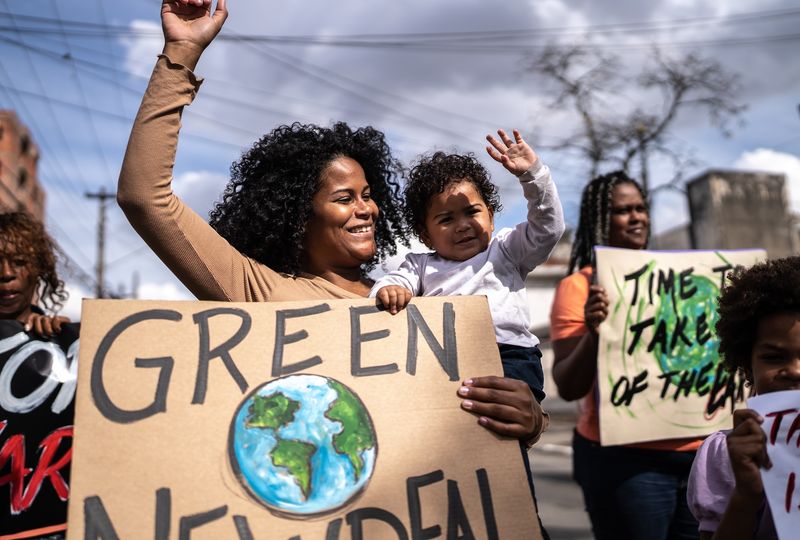
Concern for the planet’s future weighs heavily on Millennial parents. Climate change and its impact are constant worries, as they consider their children’s futures in an uncertain world.
This generation emphasizes eco-friendly living, often involving their children in sustainability efforts, such as recycling and conservation projects.
The question remains: How can they ensure a livable world for their kids? Millennial parents are at the forefront of advocating for environmental policies, driven by the urgency to protect the planet for the next generation.
6. Childhood Mental Health Awareness

The mental well-being of children is a top priority for Millennial parents. Unlike previous generations, they are more attuned to the signs of anxiety, depression, and other mental health issues in their kids.
Open dialogue about feelings is encouraged, and seeking professional help is normalized. Millennial parents strive to create a supportive environment where children feel comfortable expressing themselves.
Did you know? Mental health awareness among parents has doubled in the last decade, reflecting a broader understanding of its significance in overall well-being.
7. School Lockdown Drills and Safety Protocols

Safety in schools is a pressing concern for Millennial parents. Unlike Gen X, they face the reality of school lockdown drills and the necessity of comprehensive safety protocols.
Parents grapple with explaining these drills to their children, balancing reassurance with the harsh realities of potential threats. The emotional toll of such practices is not lost on them.
Millennial parents actively engage with schools to ensure effective communication and preparedness, advocating for policies that prioritize student safety in an unpredictable world.
8. Over-Scheduling and Burnout

The hustle culture affects even the youngest members of society. Millennial parents worry about over-scheduling their children’s lives with extracurricular activities and the risk of burnout.
Striking a balance between enriching experiences and downtime is key. Parents often find themselves questioning: How much is too much?
Did you know? Studies show that unstructured playtime contributes significantly to a child’s development, yet many families struggle to prioritize it amid busy schedules.
9. Comparison Culture on Social Media
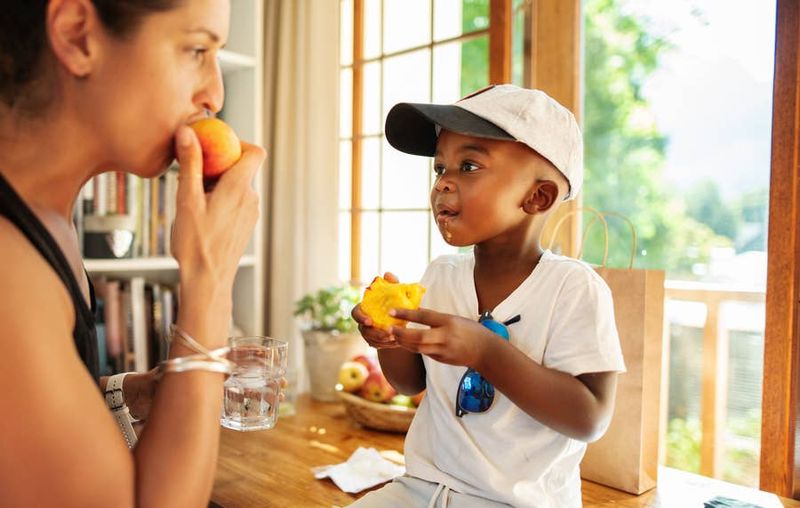
The omnipresence of social media fuels a comparison culture among Millennial parents. Constant exposure to curated family moments can lead to feelings of inadequacy and pressure to maintain a picture-perfect image.
Parents must navigate the fine line between documenting cherished memories and succumbing to the stress of online validation. They strive to instill a sense of self-worth in their children, independent of digital approval.
This digital age challenge is unique to Millennials, as they wrestle with the dual roles of being both content creators and consumers in their parenting journey.
10. Finding the “Right” Parenting Philosophy

The quest for the “right” parenting philosophy is a common dilemma for Millennial parents. With an abundance of resources and opinions available, they often feel overwhelmed by the choices.
Attachment parenting, free-range, authoritative—each comes with its advocates and critics. Parents find themselves sifting through advice to discover what resonates with their family values.
Did you know? Over 70% of Millennial parents research extensively before adopting a parenting style, showcasing their dedication to informed and mindful parenting.
11. Early College Prep and Academic Competition

The pressure of early academic achievement looms large for Millennial parents. Unlike prior generations, they start college preparation as early as elementary school, driven by increasing academic competition.
Parents focus on a well-rounded education, emphasizing extracurriculars alongside academics. The aim is to equip their children with skills needed for future success.
The question persists: How can they nurture their child’s individual talents while meeting societal expectations? Millennial parents walk a tightrope, striving to balance ambition with personal growth.
12. Food Allergies and Dietary Restrictions
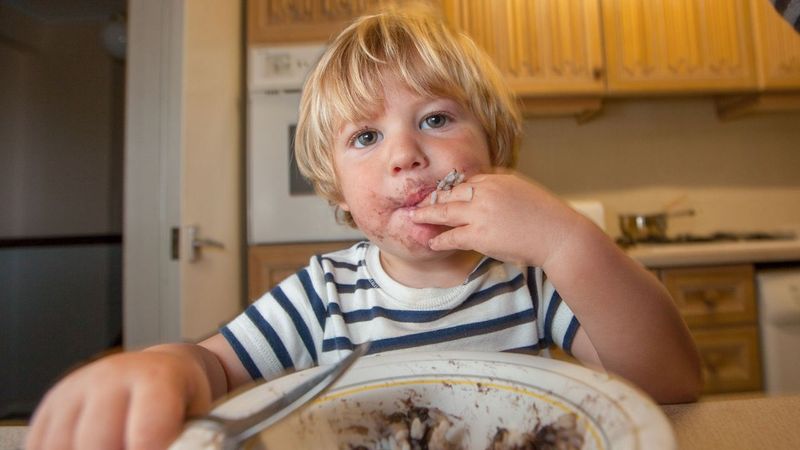
For Millennial parents, managing food allergies and dietary restrictions is a common concern. They are more vigilant than past generations, as awareness of severe allergic reactions has increased.
Parents frequently consult allergists and nutritionists, ensuring their children avoid allergens while maintaining a balanced diet. School lunches and playdates often require detailed discussions about dietary needs.
Did you know? The prevalence of food allergies in children has risen by nearly 20% over the past decade, highlighting the importance of vigilance in preventing allergic reactions.
13. Managing Digital Footprints from Birth

The concept of digital footprints begins at birth for Millennial parents. From sonograms to first steps, every moment is documented online, raising concerns about privacy and future implications.
Parents ponder the impact of sharing personal milestones on their children’s digital identity. They seek to balance celebrating life events with safeguarding personal information.
The digital age presents unique challenges, as Millennial parents navigate building a positive online footprint for their children without compromising their privacy.
14. Gentle Parenting vs. Authoritative Methods
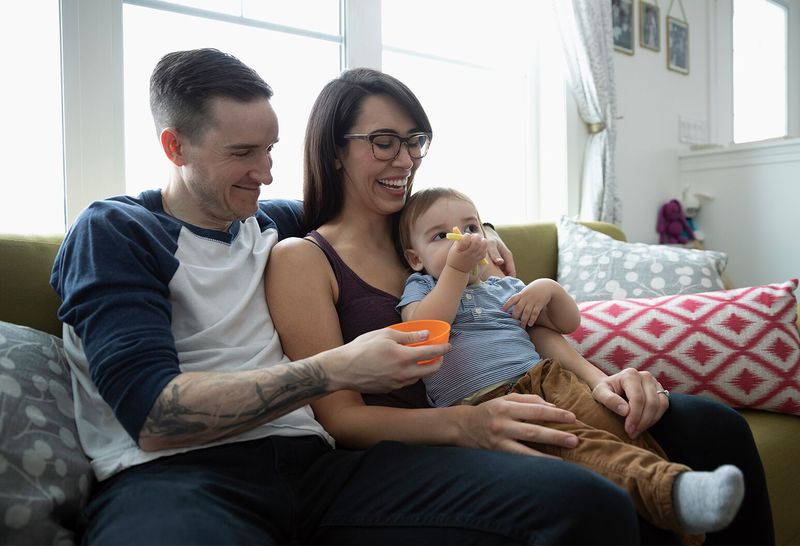
The debate between gentle parenting and authoritative methods is alive among Millennial parents. They seek a balanced approach that fosters discipline while nurturing emotional intelligence.
Gentle parenting emphasizes empathy and understanding, contrasting with more traditional, authoritative practices. Parents aim to cultivate a nurturing environment that respects their child’s individuality.
Did you know? Studies suggest that gentle parenting can improve a child’s emotional regulation, leading to healthier relationships. Millennial parents are at the forefront of this parenting shift.
15. Delayed Milestones Due to Pandemic Impacts
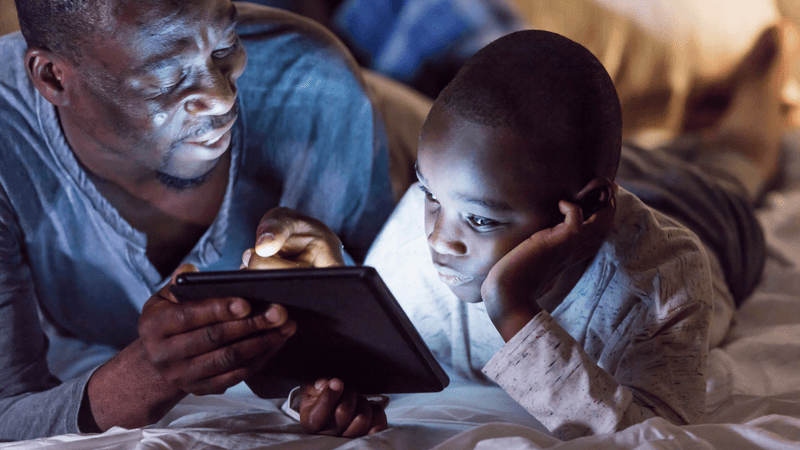
The COVID-19 pandemic has left an indelible mark on childhood development. Millennial parents worry about delayed milestones, as remote learning and social distancing impact growth.
Parents have adapted, becoming educators and playmates, striving to provide a sense of normalcy amid uncertainty. Concerns about social skills and academic progress are widespread.
Did you know? Research indicates that social isolation during formative years can affect brain development, highlighting the importance of supportive environments as children return to normalcy.
16. Balancing Dual-Income Parenting
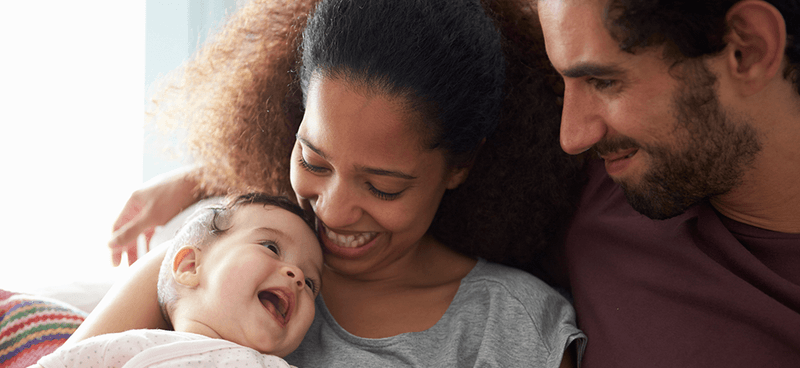
For Millennial parents, the challenge of balancing dual-income households is ever-present. Both parents often work full-time, navigating the demands of career and family.
Flexibility is key; many seek workplaces that offer remote options and family-friendly policies. The pandemic has further highlighted the importance of work-life balance.
Millennial parents strive to model resilience and adaptability for their children, managing responsibilities while ensuring quality family time. The quest for balance is a defining feature of their parenting journey.
17. Remote Learning Readiness
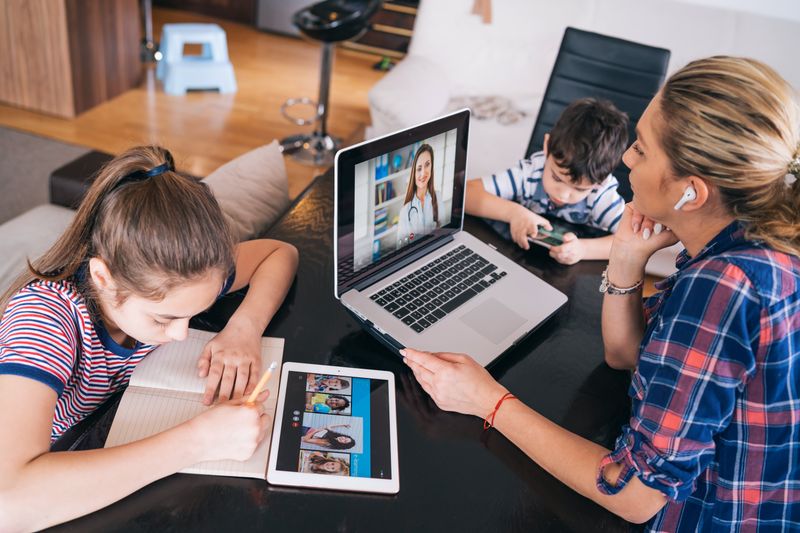
The shift to remote learning has redefined education for Millennial parents. Preparing for online classes, ensuring access to technology, and creating conducive learning environments have become priorities.
Parents have become facilitators of education, juggling their own work with supporting their children’s studies. This new reality presents challenges but also opportunities for innovative learning.
Did you know? Over 60% of Millennial parents report increased involvement in their children’s education due to remote learning, reflecting their commitment to academic success in unconventional settings.
18. Raising Emotionally Intelligent Kids

Intelligenza emotiva is a cornerstone of Millennial parenting. Unlike previous generations, they emphasize teaching empathy, self-awareness, and emotional regulation from a young age.
Parents engage in open conversations about feelings, equipping their children with tools to navigate complex emotions. This focus reflects a broader societal shift towards mental wellness.
Did you know? Research shows that emotionally intelligent children tend to excel academically and socially, underscoring the value Millennial parents place on emotional education.







